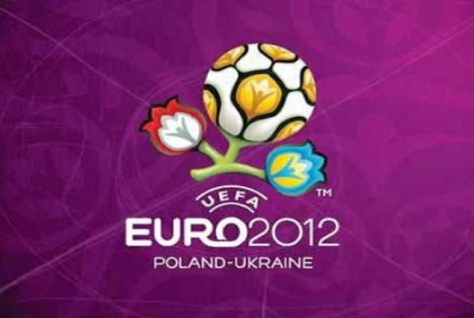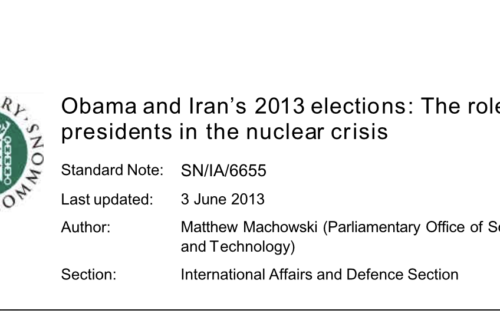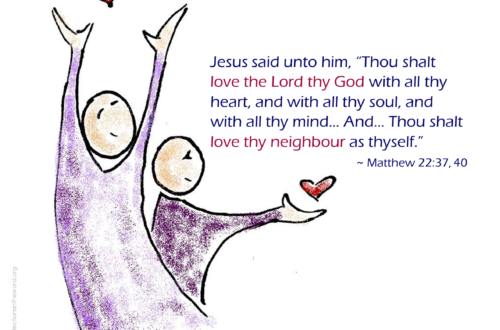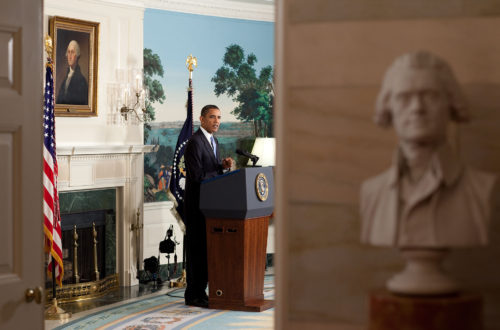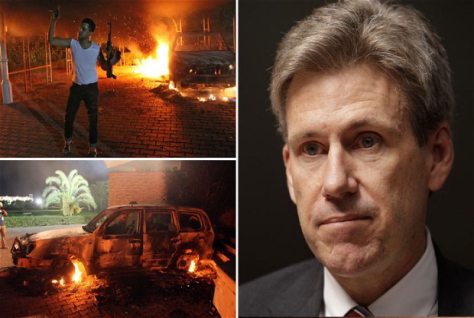 |
| Credit: Getty Images & The Telegraph |
Nearly a year after Qadhafi’s death in Sitre and two months into the governance of the newly democratically elected Libyan administration, a highly regarded American diplomat and third time ambassador to the country, Chris Stevens, was killed in an attack on his compound that put the consulate in Benghazi ablaze – paradoxically, a city he helped to preserve from a ‘potential’ bloodbath.
This horrendous act of violence was spawned by a release of an amateurish YouTube movie – ‘The Muhammed’, allegedly produced by an American-based director Sam Bacile. The movie clearly shows the Prophet Mohammed as a rather barbarian, selfish, sexually-obsessed and violent man. It ridicules the Qur’an claiming it to be a mish-mash version of the Jewish Torah and the Christian Bible. In some way, although much more amateurish, more obscene, and much less enjoyable, it almost reminds me of the Monty Python’s Life of Brian. Both these movies caused a massive furore amongst the most conservative believers of Islam and Christianity respectively.
But today’s events led many to consider two things: 1) how can any religious Muslim explain ‘the rightness’ of this murderous act, and 2) what’s gone wrong with the US-led liberation of Libya? The social networks have been nearly dominated by this today. Well, perhaps apart from the rather disappointing news of the release of iPhone5 in California.
Many Muslims saw these events as an attack on Islam. Many others thought the media has turned it into a yet another opportunity to vilify the Muslims around the world. But what is the actual link of this to Islam?
I would argue that today’s attack in Benghazi has in fact very little to do with Islam. Islam doesn’t tell you to burn stuff but instead prohibits your from killing. The prophet doesn’t tell you to execute people because of their will not to follow the path of Islam but rather tells you that there is no compulsion in religion and that your ultimate duty as a Muslim is to warn (read: not kill). And it is precisely for all these reasons that I see Islam as a source of good in life.
But……
…every single year dozens or even hundreds of people die in Makkah because ‘the devout Muslims’ have no care for their fellows next to them.
…every single Ramadhan hundreds of Bengalis die in a stampede, when the local factories open their doors to the poor and want to share the goods they produce.
…every single century since the inception of Islam thousands are killed in some ill-thought and completely ridiculous sectarian conflicts, simply because it is either Abu Bakr, Umar, Uthman or Ali (or could even be Jonathan in Swansea if I were to choose) that is the ‘true and only right’ successor to the prophet.
…every time someone puts up a criticism of Islam, be it ‘The Satanic Verses’, some stupid and silly movie like ‘The Muhammed’, some Danish cartoon of a bloke with a bomb on his turban, or even for this matter an Egyptian Islamic scholar who claims that Qur’an should be read contextually and not as a ‘true actual word of God forever valid and unchanging’, the hell breaks loose.
…every time that happens, PEOPLE are killed, banned, ostracised, expelled from their homes, divorced from their wives, or have some crazy execution fatwas hanging over their necks.
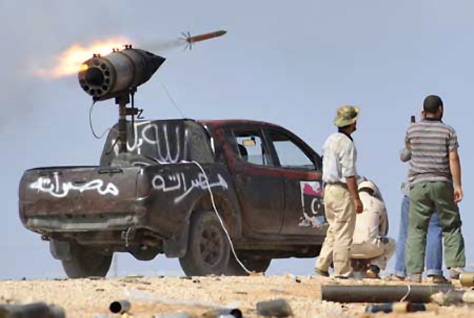 |
| Credits: Nasser Nasser, AP |
Additionally, every time this happens my only acceptable reaction is – how STUPID can we still be?!
I always look to the history for possible answers to our questions and for lessons to be learnt. European and Christian history, I would argue, has the answer for today. It’s called – reformation and education!
If we continue to deny opening the gate of ijtihad, thus failing to bring ‘religion’ closer to what it really means to live in the 21st century, then situations like the today’s horrendous and inexplicable act of barbarism will continue. And you know what? Today, it may have been three Americans that died, but the vast majority of those that get killed in such absurd occurrences are MUSLIMS themselves. Let’s ask ourselves: is some uneducated, poor and vulnerable Afghani youngster worth being killed because someone in the so called ‘West’ or dar al-harb executed his democratic right to express whatsoever he feels right?! I’d say that everyone who on a daily basis pronounces ‘b-ismi-llāhi r-raḥmāni r-raḥīmi’ should only have one answer. It would be: haram, or what in English we’d call: ‘No, it’s unacceptable!’
Secondly, the questions arise as to what went wrong in the process of liberating Libya. Qadhafi was certainly not only eccentric in his appearance but also crude and violent. His decades long abuses of human rights and numerous violations of the basic rules of international law should not go unnoticed. He certainly did not deserve to lead the modern day Libya.
But at the same time, the international community seemed all too quick to support the rebels not only through international diplomatic assistance but also through continuous strategic support and weaponisation – all that despite a clear UNSC-mandated ban on arms transfers. The international law was inexplicably broken and the Western capitals tried to deny any such support for as long as it was possible. Some later came to argue that arming the rebels was acceptable in ‘humanitarian crisis’ situations, where civilian populated areas were threatened. But how does one accept NATO’s bombardments of the city of Sitre, while the rebel forces stood ‘waiting like panting hound dogs outside the city limits’ as reported by Hedges, only to then engage in systematic killings?!
The revolution was quick and unplanned, only looking at getting rid of Qadhafi as a sought-for goal. Not too many people thought what bringing a whole nation to arms and providing them with exorbitant numbers of armoured vehicles, rockets and weapons would mean for the future of Libya. Perhaps many thought everyone would be forever thankful for American and European support. Well, if you had been one of those people than surely today must have been received as a chilly shower. Painful!
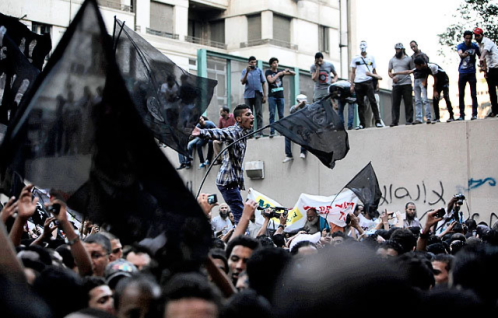 |
| Credits: AP |
In fact, I imagine many will now think that in one way or another we, the West, showed them last year that violence is acceptable, that violence is the way forward. Libya may not be quite the Pandora’s Box of post-Saddam Iraq, post-Taliban Afghanistan, or potentially the post-Assad Syria, but nonetheless it is still a very painful lesson to learn. I, for one, soon after the situation in Libya escalated last year, followed the official policy of the International Committee of the Red Cross (ICRC) – one doesn’t alleviate state violence with weaponising the rebels.
Yes, many people may have survived, many cities like Benghazi may have avoided being obliterated. But at the same time, we now have a continuously unstable Libya with frequent outbursts of violence. A country, where regular people still hold caches of ammunition. We also have the conflict spilling over to the neighbouring Mali, where the Libyan Tuareg have shifted much of armaments southwards. Finally, we have many among the Free Syrian Army that think that torture and point-blank executions of the state supporters are acceptable.
There is no ultimately right answer to the situations we’re now facing in the Middle East. But one should tread very carefully when you show to others that killing and violence is acceptable in politically motivated circumstances.



